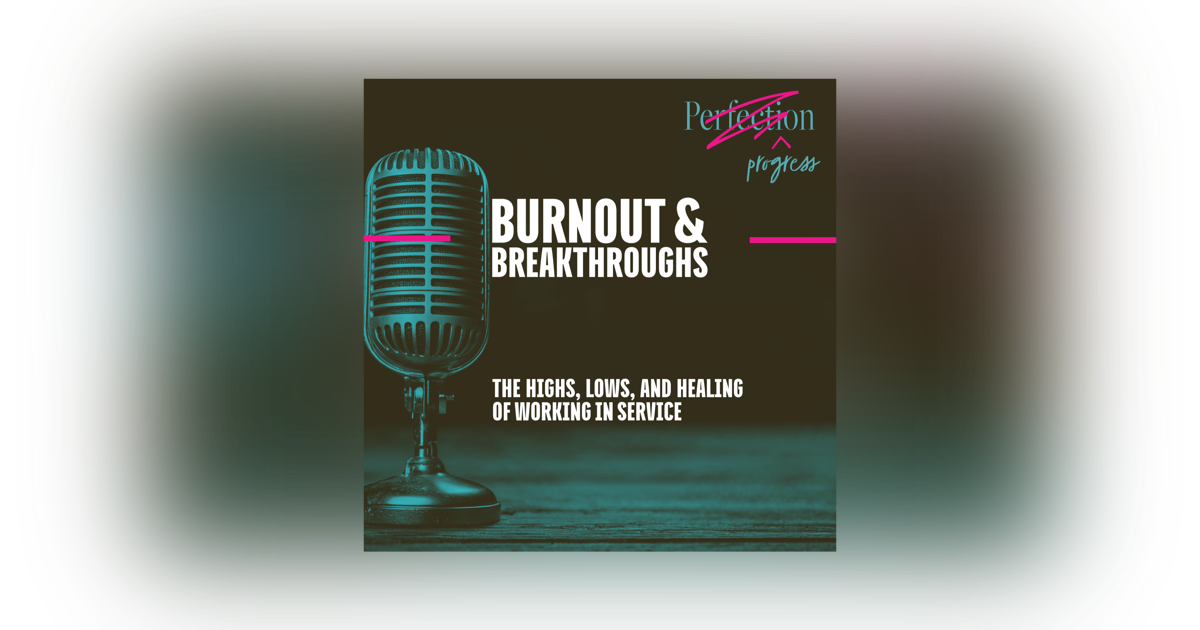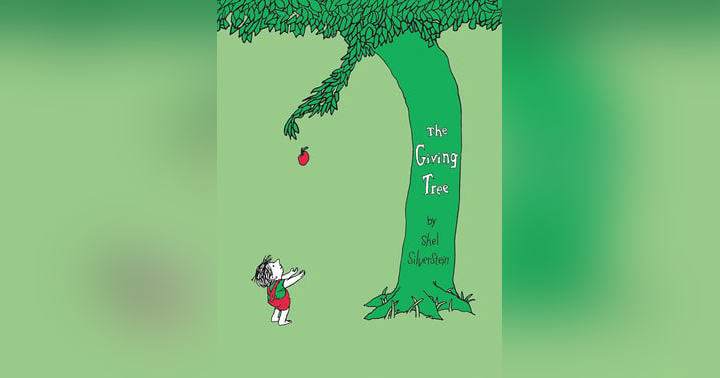The Myth of the Selfless Servant: Why Boundaries Matter


In this episode of Burnout & Breakthroughs, we’re unpacking one of the most harmful stories in nonprofit culture: the idea that the “best” workers are the ones who give endlessly, asking nothing in return. From the Giving Tree to modern-day nonprofit workplaces, this myth teaches us that worth is tied to depletion, and it’s time to call that out.
We’ll explore where this narrative comes from, how it shows up in our daily work, and why setting boundaries is not selfish but essential if we want to keep caring without burning out.
Key Takeaways
- Why the “selfless servant” story is really exploitation dressed up as service
- How this myth harms not just individuals, but entire organizations
- The surprising power of boundaries to make generosity sustainable
- Practical scripts for setting boundaries at work (and what to expect when you do)
Read the full blog post that pairs with this episode → The Giving Tree Problem: Why Nonprofit Workers Deserve Boundaries
If this episode resonated, rate and review the podcast → Leave a Review
Stay connected: Subscribe to the newsletter → Join the email list
Want to go deeper? Here are some great books and articles I mentioned in today’s episode:
Books & Literature:
- Silverstein, S. (1964). The Giving Tree. Harper & Row.
- Lorde, A. (1988). A Burst of Light: Essays. Firebrand Books.
- Incite! Women of Color Against Violence. (2007). The revolution will not be funded: Beyond the non-profit industrial complex. South End Press.
- Kivel, P. (2007). Social service or social change? In INCITE! Women of Color Against Violence (Ed.), The Revolution Will Not Be Funded. South End Press.
Research & Academic Sources:
- Maslach, C., & Leiter, M. P. (2016). Burnout. In G. Fink (Ed.), Stress: Concepts, Cognition, Emotion, and Behavior (pp. 351–357). Academic Press.
- Nonprofit HR. (2022). Nonprofit Talent Retention Practices Survey Results. https://www.nonprofithr.com
Philosophical Sources:
- Stratton-Lake, P. (2000). Kant, Duty and Moral Worth (1st ed.). Routledge.
- Stanford Encyclopedia of Philosophy. Kant's moral philosophy.
- Internet Encyclopedia of Philosophy. Psychological egoism.
- Nature (Kago & Venkataraman, 2023). Possibility of conjunction between altruism and egoism. Humanities and Social Sciences Communications, 10(Article 625).
- Cambridge University Press. (2009). Philosophical egoism: Its nature and limitations. Economics & Philosophy, 25(1), 1–23.
- PubMed Central. (2023). The bright and dark sides of egoism.
Key Quote:
- Audre Lorde: "Caring for myself is not self-indulgence. It is self-preservation. And that is an act of political warfare."








